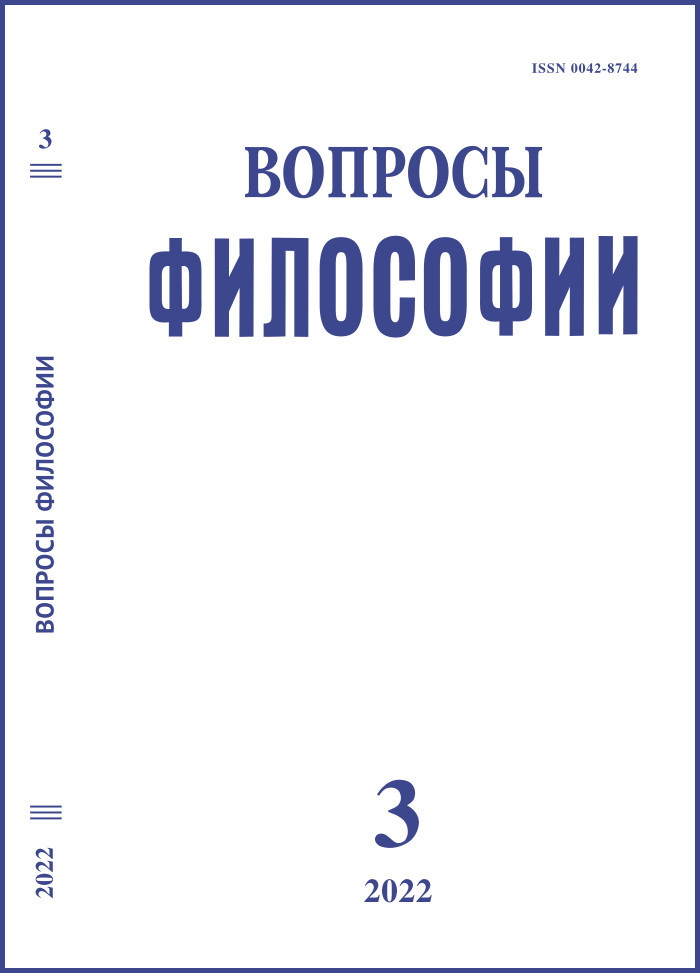This is an outdated version published on 2022-03-31. Read the most recent version.
Parallels, Perpendiculars and Imaginary Quantities. Reading the Book by V.I. Tolstykh We Were. The Soviet Man as He Is
DOI:
https://doi.org/10.21146/0042-8744-2022-3-175-181Keywords:
Theory, reality, ideology, communism, socialism, social studies, humanism, liberalismAbstract
In the article, using the example of the book by V.I. Tolstykh, some characteristic features of “comfortable Marxism” are considered. Firstly, it is an unspoken non-theoretical convention of separating theory from reality, and two phenomena are at its core – the “right to misunderstanding” and the “right to ignorance”. Secondly, the substitution of reality as the subject of theory with ideological, utopian phantoms. Thirdly, the construction of the theory of society as a logically immaculate system of statements that soars above reality and avoids contact with real problems – both social and theoretical-cognitive.
Published
2022-03-31
Versions
- 2025-02-06 (2)
- 2022-03-31 (1)
Issue
Section
History of Russian Philosophy
How to Cite
[1]
2022. Parallels, Perpendiculars and Imaginary Quantities. Reading the Book by V.I. Tolstykh We Were. The Soviet Man as He Is. Voprosy Filosofii. 3 (Mar. 2022), 175–181. DOI:https://doi.org/10.21146/0042-8744-2022-3-175-181.

